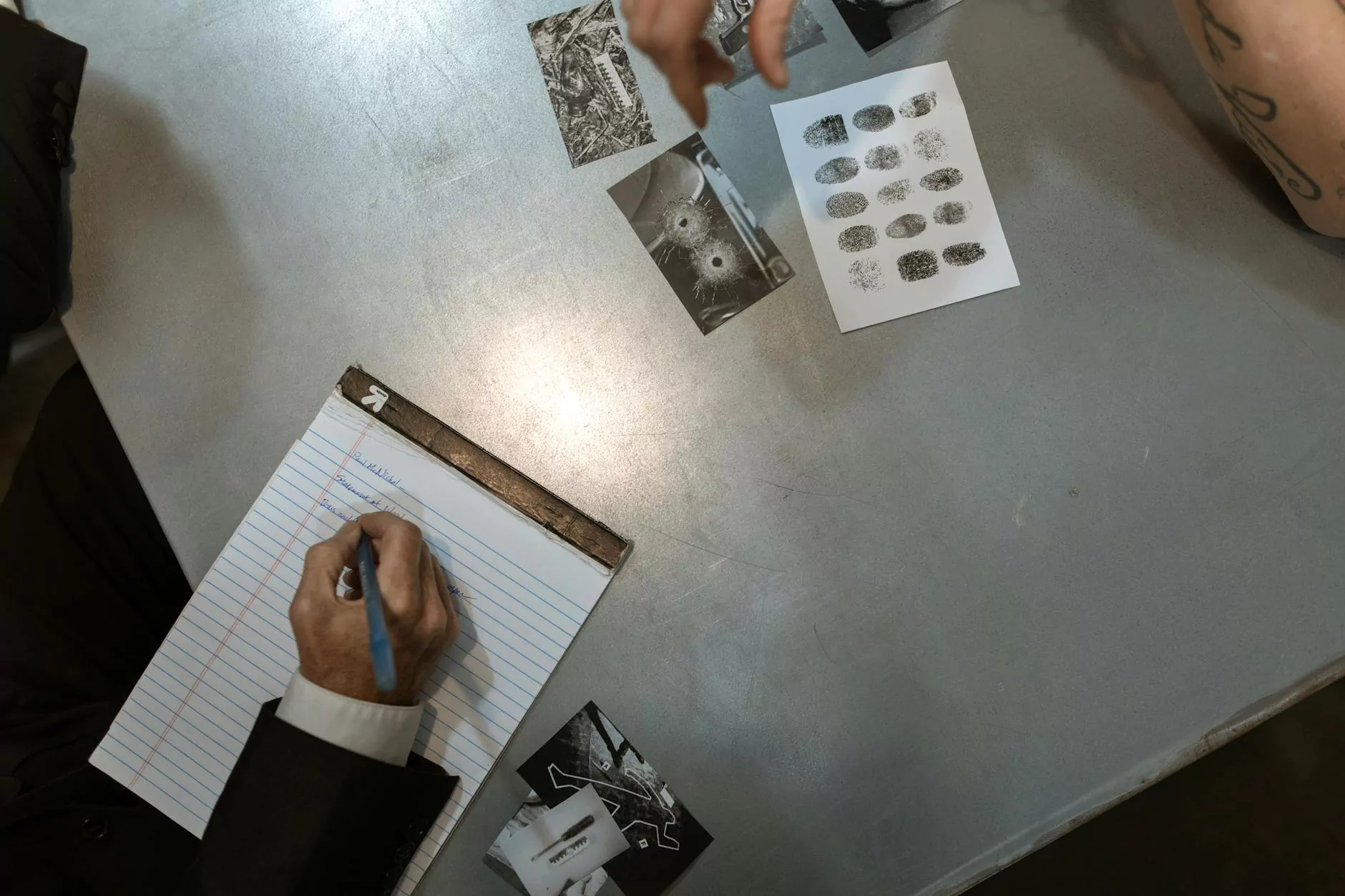All You Need to Know About a Consulting Proposal

Introduction
Welcome to The Knowledge Nest's comprehensive guide on how to write a successful consulting proposal. As a trusted resource in the community and society category, we aim to equip consultants like you with valuable insights and practical tips for crafting compelling proposals that resonate with potential clients.
Understanding the Importance of a Consulting Proposal
In the competitive world of consulting, a well-crafted proposal serves as your first opportunity to make a strong impression on potential clients. It outlines the scope of your services, showcases your expertise, and convinces the client why they should choose you over other competitors.
Key Elements of a Successful Consulting Proposal
1. Executive Summary
The executive summary acts as an overview of your proposal, highlighting the key points and benefits of your services. It should be concise, engaging, and persuasive, grabbing the client's attention from the start.
2. Client Needs and Objectives
Prioritize understanding your client's needs and objectives. Conduct thorough research and analysis to identify their pain points, goals, and desired outcomes. This knowledge will allow you to tailor your proposal to their specific requirements, demonstrating your understanding and commitment to their success.
3. Scope of Work
Clearly define the scope of work in your proposal. Outline the specific tasks, deliverables, and timelines for each phase of the project. Be transparent about what your services will include and any potential limitations.
4. Methodology and Approach
Describe your methodology and approach in detail. Showcase your expertise and explain how you will tackle the client's challenges. Use this section to demonstrate your unique selling proposition and what sets you apart from competitors.
5. Team and Credentials
Introduce your team and highlight their relevant skills and experiences. Include case studies or testimonials that showcase your past successes and demonstrate your ability to deliver exceptional results. This builds trust and credibility with the client.
6. Project Timeline and Milestones
Provide a clear project timeline with key milestones. This will help set realistic expectations and show the client your commitment to completing the project within a defined timeframe.
7. Pricing and Payment Terms
Outline your pricing structure, including any upfront fees or payment milestones. Be transparent about additional costs or expenses that may arise during the project. Clear and fair pricing details build trust and prevent misunderstandings in the future.
8. Terms and Conditions
Include a section that outlines the terms and conditions of your engagement. Cover aspects such as confidentiality, intellectual property rights, termination clauses, and any other legal considerations. This ensures clarity and protects both parties involved.
9. Call to Action
End your proposal with a compelling call to action, encouraging the client to take the next step. Whether it's scheduling a meeting, signing a contract, or requesting additional information, make it clear what their next move should be.
Best Practices for Writing an Effective Consulting Proposal
1. Tailor Each Proposal
Avoid using generic templates or copying and pasting from previous proposals. Tailor each proposal to the specific client and project at hand. Personalization shows your commitment and attention to detail.
2. Focus on Benefits
Emphasize the benefits and outcomes the client can expect by choosing your consulting services. Explain how your expertise will help them overcome challenges, improve efficiency, or increase their bottom line.
3. Use Clear and Concise Language
Avoid jargon or unnecessary technical terms that may confuse the client. Use clear and concise language to explain your ideas and solutions. The goal is to ensure the client understands the value you offer.
4. Provide Supporting Evidence
Back up your claims with supporting evidence, such as case studies, testimonials, or data-driven results. This adds credibility to your proposal and reassures the client that you can deliver on your promises.
5. Proofread and Edit
Before submitting your proposal, carefully proofread and edit for grammar, spelling, and formatting errors. A polished and error-free proposal demonstrates professionalism and attention to detail.
Conclusion
Writing a compelling consulting proposal is a crucial skill for consultants looking to win new clients and grow their business. By following the key elements and best practices outlined in this guide, you can create proposals that stand out from the competition and effectively communicate your value proposition. Remember, each proposal is an opportunity to showcase your expertise and build long-lasting client relationships. Good luck!









